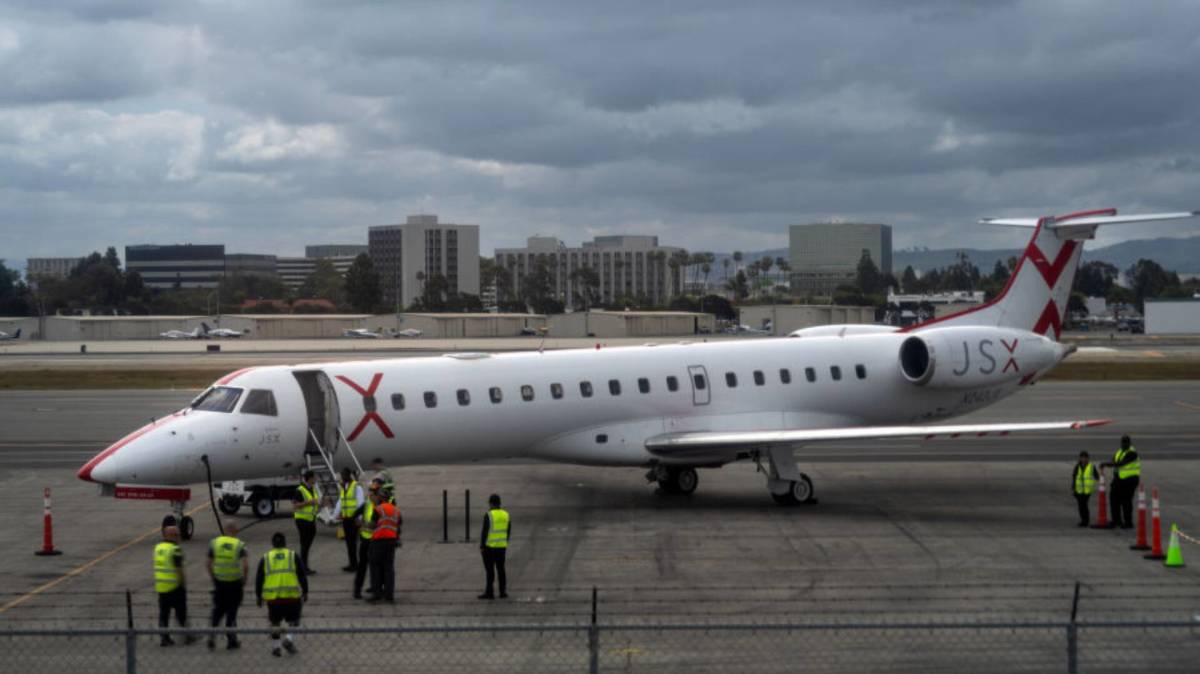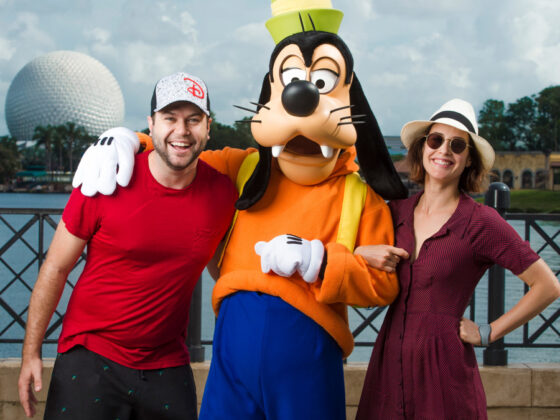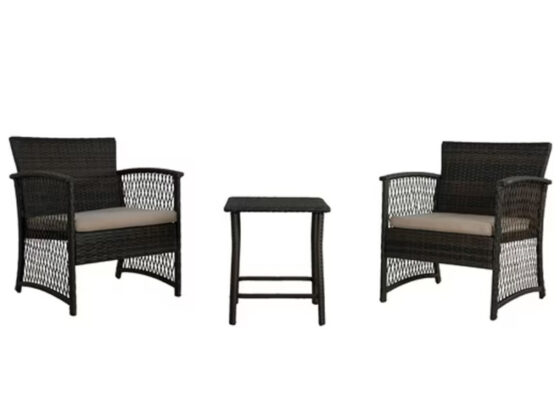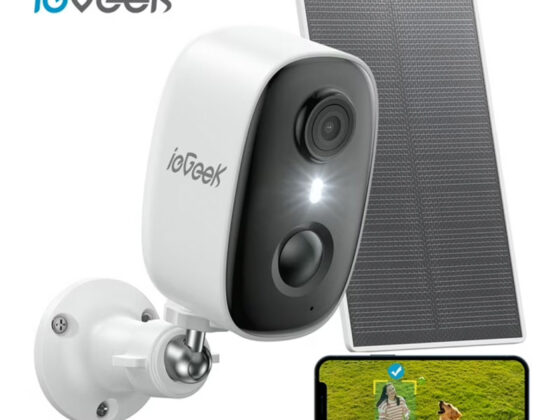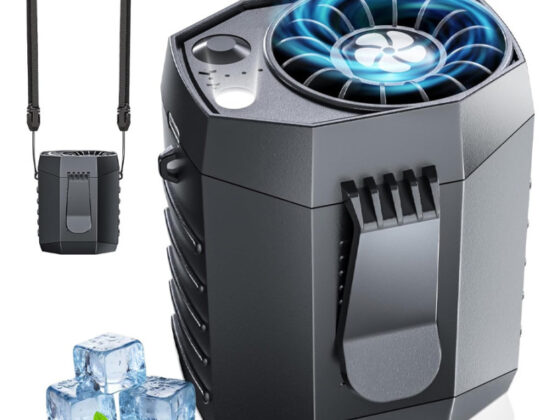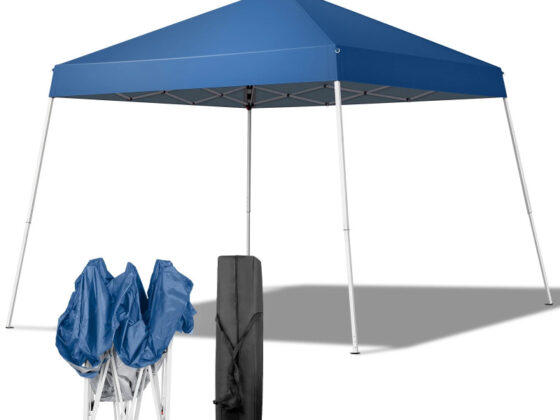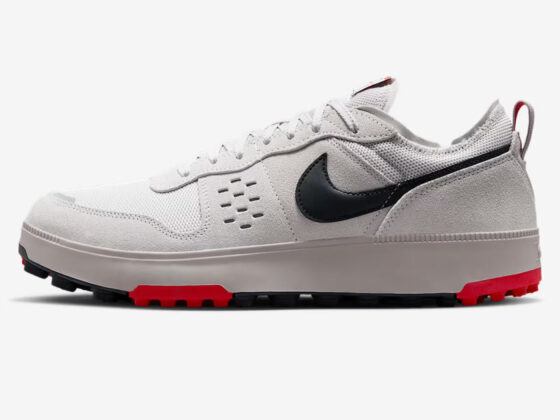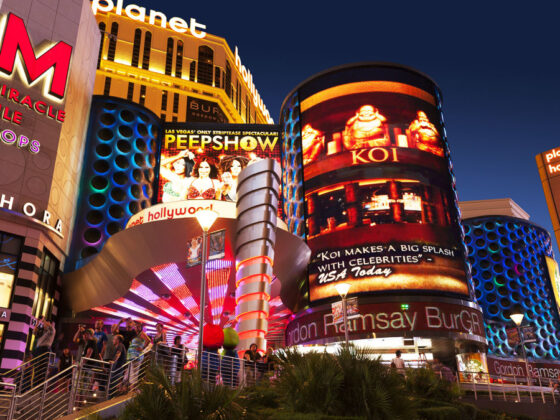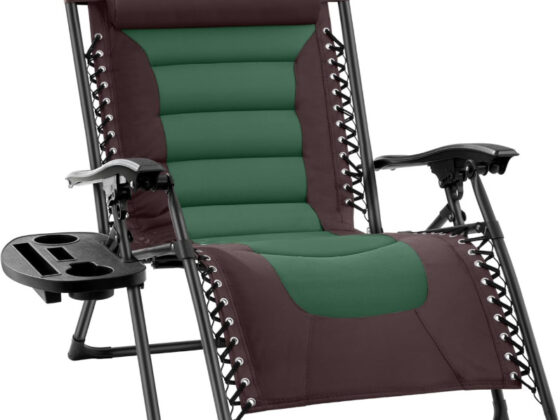If you've been on an airplane lately, you know that air travel is the furthest thing from glamorous. From the crowds to the confusion about what is and isn't allowed in luggage to the lines for security and the bathroom — it's all enough to make you say, “Road trip, anyone?”
Once you're on the plane, you're squeezed into a seat that barely has enough legroom for even an average-height person.
And more often than not, airlines force you to stash your personal item — purse or backpack — under the seat in front of you, which means any leg room you started with is pretty much gone.
💰💵Don’t miss the move: SIGN UP for TheStreet’s FREE Daily newsletter💰💵
While we're at it, inflight Wi-Fi is notoriously unreliable, you have to pay for snacks, and on some carriers, even water and coffee are no longer free.
Basically the dream of jet-setting has become more like dread — unless you're lucky enough to fly private or on the “next best thing,” which is how many passengers describe JSX.
JSX passengers are able to avoid security lines and baggage carousels, and the flights typically include “nice to haves” like free snacks and alcoholic beverages, all of which makes flying sound a lot more pleasant.
JSX is now America's best-rated air carrier
Earlier this month, JSX was named Travel + Leisure's No. 1 airline in the U.S. in its just-released 2025 World's Best Awards.
The carrier, which for legal reasons must be called a “hop on” public charter jet service or air carrier rather than an airline, blends private-jet efficiency and convenience with a price tag that often doesn't ring in much higher than what many other airlines charge.
JSX beat out legacy carriers such as Hawaiian Airlines, Delta, and JetBlue.
In addition to the Travel + Leisure nod, JSX has received a coveted APEX Five-Star Regional Airline rating for four years running.
Still, the carrier only operates in a limited number of cities — 30 at the moment, some seasonal — and some people who fly the airline regularly say that if there's a delay or cancellation, it can cause real hiccups in their travel.
Related: The anti-Southwest Airlines named most popular in US
Enough passengers are boarding JSX these days that the 9-year-old carrier recently revealed its plans to expand.
JSX plans to lease two new ATR 42-600 turboprops, and it signed a letter of intent for up to 25 additional ATR aircraft, per Aviation A2Z.
The plans will unlock access to more than 1,000 additional airports across the U.S., many of which have been limited to private jets.
The carrier intends to “expand access to reliable public charter flights across the great United States,” said CEO Alex Wilcox, according to Airline Geeks.
American Airlines and Southwest Airlines are protesting JSX expansion plans
Not everyone is thrilled about JSX's ambitions.
American Airlines and Southwest are just two of the majors that have raised objections to JSX's expansion into what they consider their turf.
The legacy giants fear that if JSX moves into underserved airports, it could entice premium travelers and affect what they have built around the hub-and-spoke model.
JSX plans would offer more direct and hassle-free flights, which the big airlines simply cannot do efficiently.
Related: TSA quietly cracks down on popular travel essential
The legacy carriers say the charter-based carrier that is able to bypass congested airports — and avoid the fees that come with access — are antithetical to a system that is based on centralization.
American Airlines recently lobbied airport authorities to prevent JSX from gaining access, according to a report in the Dallas Morning News, while Southwest is reportedly considering legal challenges, claiming that JSX is bypassing regulations that the bigger carriers must comply with, giving JSX an unfair advantage.
It remains to be seen whether the legacy airlines will be successful in stymying JSX growth plans, but in the meantime, plenty of people are doing the math and realizing that for a few dollars more, they can fly “almost private” on JSX.

